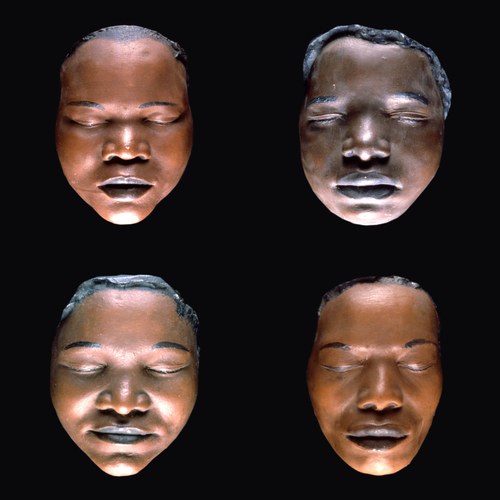Research projects

Local level
The study of the incidence and risk factors of psychosis in migrants in Bologna - The incidence of psychosis in migrants who are taken care of by the Mental Health Department of the Bologna Local Health Authority is compared with the incidence of psychosis in natives to identify what are the social risk factors that make migrants more vulnerable to this serious disease.
National level
Italian multicentre studies - The BoTPT center coordinates the multicentre study “First Psychotic Episode and Migration in Italy” (PEP-ITA Migration) in which various Italian universities participate. The aim of the research is to evaluate the care pathways dedicated to migrants in the health and social services of the different territories considered and to identify the socio-demographic and environmental factors related to the development of psychosis in migrants.
Development of research tools - Based on the clinical and research experience gained over the years, the BoTPT working groups have developed a Research Questionnaire entitled "Interview on Migration History and Social Integration in Bologna" (Bologna Migration History and Social integration Interview). It is an innovative investigation tool useful for evaluating the migratory history and care pathways of migrants and minorities. The questionnaire was implemented through national multicenter research and was adopted by the European research consortium EUGEI.
European level
EU-GEI project (EU-GEI project - European Network of National Schizophrenia Networks Studying Gene-Environment Interactions) funded by the European Union (FP7) and coordinated by Prof. Jim van Os from the University of Maastricht (Netherlands). The project studied the interaction of genetic and environmental factors involved in the development, severity and outcome of psychosis.
STRATA project (STRATA project - Schizophrenia: Treatment Resistance and Therapeutic Advances), coordinated by Prof James MacCabe of King's College (United Kingdom).